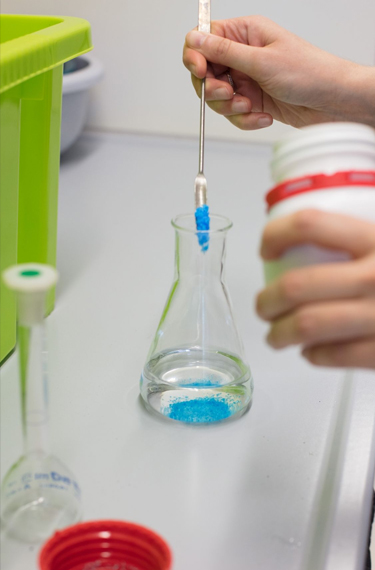


Chemistry: holistic education
The specific contribution of the subject of chemistry to basic science education consists essentially in the experimental and intellectual examination of the material world. Chemical experiments are particularly fascinating because their processes can be observed and experienced directly and usually in a short time. Experiments train subject-specific skills and teach responsible handling of chemicals and equipment from the household, laboratory and environment. Furthermore, experiments can be used in different contexts to link with the everyday world of the pupils and for quantitative observations. (cf. Core Curriculum for the Gymnasium: Chemistry, Lower Saxony Ministry of Education).
Students choose chemistry as a teaching subject in the major (first subject) or minor (second subject). In addition to the subject-specific qualifications, modules in the professionalisation area are also taken in the interdisciplinary Bachelor's degree programme. These modules are located in the educational sciences. However, modules in psychology are also taken. In addition to the key competences, the general school internship places emphasis on practical relevance in the early phase of teacher training.
Please note: This programme requires German language proficiency.
This degree course's language of instruction is German. Full details of the degree course are available only in German.
Organise our studies
Formalities and regulations
The regulations concerning the course of a degree programme and examinations are described and legally binding in the examination regulations (PO). The PO regulates the examination requirements and procedure. It specifies the modules as well as the number and type of examinations, the registration and examination periods and the rules for cancelling examinations.
The admission regulations define admission requirements in detail. Both are legally binding documents, only published in German.
Involved facilitites and institutes
Participating institutions and their people
We provide teaching for the degree programme
Who offers advice?
Degree programme coordination
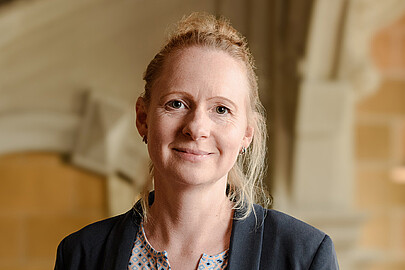
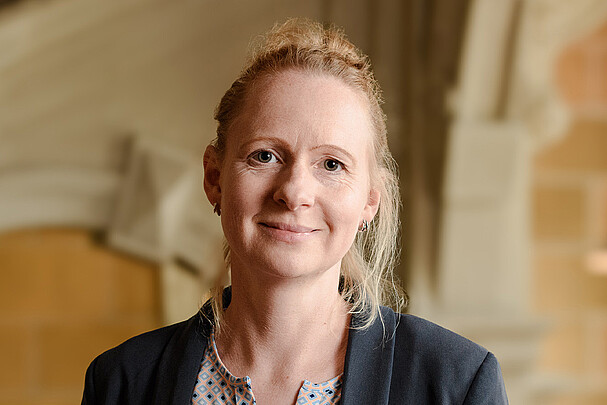
Jana Wende
Mobile
Email
Address
Herrenhäuser Straße 2
30419 Hannover
30419 Hannover
Building
Room


Jana Wende
Mobile
Email
Study programme coordination office hours
Monday, 10.00–12.00
Building 2501, Room 107
Callinstraße 3–9
Institute of Inorganic Chemistry
Subject Counselling
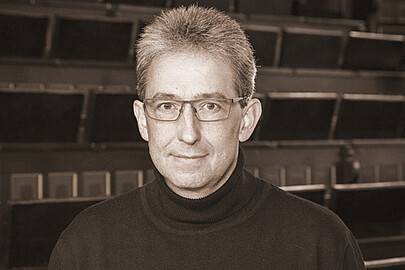
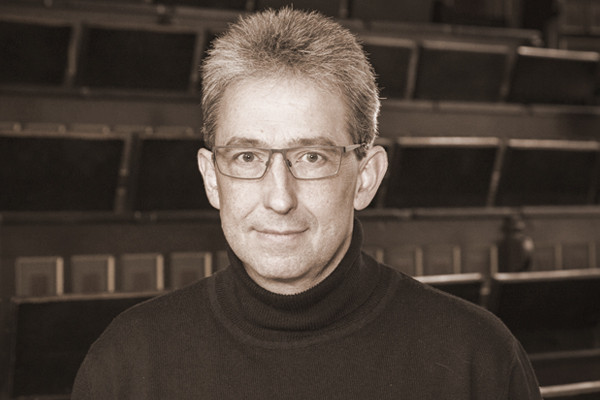
Dr. Andreas Michael Schneider
Phone
Fax
Address
Callinstraße 3-9
30167 Hannover
30167 Hannover
Building
Room


Dr. Andreas Michael Schneider
Subject-specific study course advice
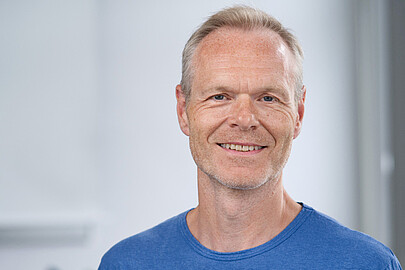
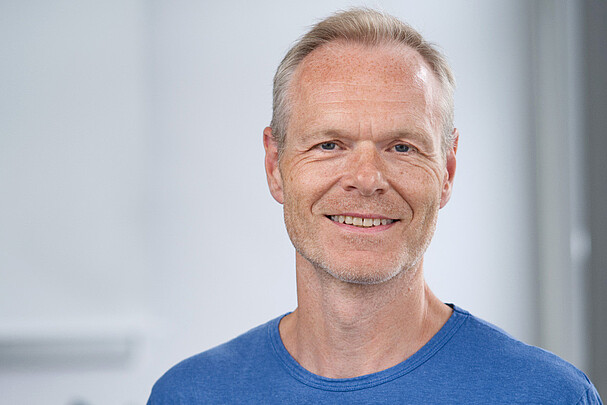
Prof. Dr. Sascha Schanze
Phone
Address
Am Kleinen Felde 30
30167 Hannover
30167 Hannover
Building
Room


Prof. Dr. Sascha Schanze


